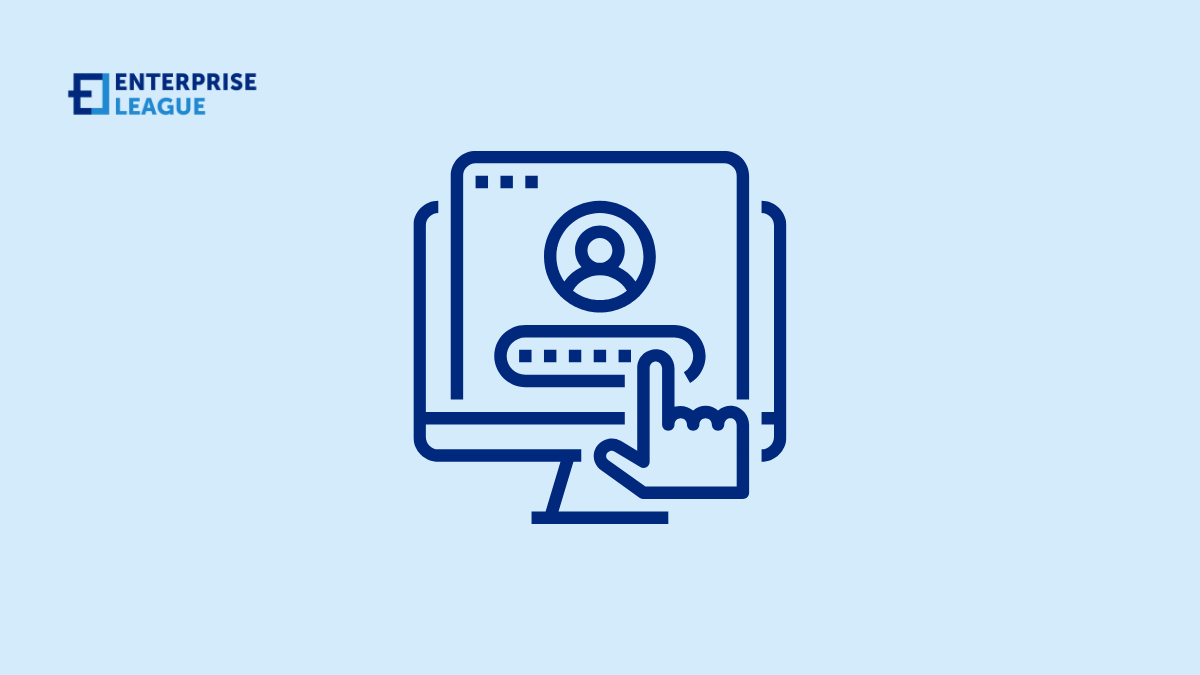We’ve all been there, sharing streaming accounts and family plans to save some cash. And while splitting these subscriptions can cut down your monthly bills, there’s more to the story than just the upfront savings. While splitting subscriptions has become a cultural norm, savvy consumers are discovering that these arrangements often lead to unexpected expenses, administrative burdens, and interpersonal friction that can ultimately outweigh the perceived financial benefits.
From forgotten recurring charges and payment coordination mishaps to the time spent managing multiple users, the true cost of shared accounts extends far beyond the monthly bill.
The real cost of shared accounts
Family sharing is a sharing account feature commonly found in Apple devices. If not looked into, shared accounts will impact total expenses. One of the main reasons for hidden expenses is the security risk across multiple devices, which increases the risk of data breaches and unauthorized access. To prevent such complications, it is advised to stop using Family Sharing and assign individual accounts for each user.
Shared accounts make accountability difficult to trace. Since multiple devices are running on the same account, users can’t track each individual’s spending history. Additionally, when sensitive information like passwords is shared, additional IT resources are needed to monitor these accounts. Over time, these hidden costs will outnumber the initial investment in the account and make it difficult for users to maintain them.
Security risks associated with shared accounts
Shared accounts come with serious security dangers, which can expose the private information of family accounts and impact businesses with expensive security breaches. When many users use the same login credentials, it becomes difficult to track individual actions. This lack of accountability raises the possibility of illegal access, resulting in data leaks.
Additionally, shared accounts make it easier for hackers to crack passwords. Since a common password needs to be used and shared across devices, hackers can easily track and misuse them. Monitoring shared accounts is hard, and they can easily become a liability for data breaches. These factors make shared accounts more threatful to data security than individual accounts.
Lack of accountability and responsibility tracking
Shared accounts often hinder accountability tracking, as it is difficult to trace each account activity back to the respective individual. In this case, multiple devices are logged in with the same account, making it almost impossible to identify the responsible individual for an error. This lack of accountability also makes it difficult to resolve issues.
Shared accounts are dangerous when people aren’t responsible for using them. It is easy to misuse the account and make false accusations about others. Furthermore, accountability issues can affect productivity and trust within people, as they may hesitate to rely on shared accounts. These security and ethical issues must be considered before using a shared account, though it is recommended to avoid them.
Data privacy issues with multi-user access
Data privacy becomes a significant concern when multiple users access a single account. Shared accounts often lack specific access controls, making it impossible to determine who viewed, modified, or shared sensitive information. This lack of accountability can expose confidential data to unauthorized individuals, either within the organization or, worse, from outside sources due to accidental sharing or weak security practices.
Additionally, with shared credentials, employees are often forced to use simple, easily remembered passwords, which are also easily compromised. To prevent privacy issues, organizations should consider individual accounts with specific access permissions, ensuring that data access is secure and accountable.
Misaligned usage of licenses and subscriptions
Shared accounts threaten service providers, who depend on individual subscription charges to run their businesses. Since multiple users share a single account, it violates the terms of service, resulting in service providers facing losses. Also, if these accounts are found with unauthorized access, they will be charged heavy penalties.
In addition to penalties, shared accounts may face suspension. Some platforms enforce login restrictions from different locations, which can trigger account locks if such activities are detected. This creates further inefficiencies, as employees waste time troubleshooting access issues or wait for the account to be unlocked. In the long term, investing in an individual account is less expensive than a shared account.
Lost time on managing shared accounts
Managing shared accounts requires coordination and proper communication between users, which is time-consuming and affects their productivity. When people use shared accounts, time-consuming issues like logging out delays, access conflicts and account lockout become common. Employees frequently spend time coordinating access and waiting for others to complete their tasks, which affects overall productivity.
Password resets for shared accounts also result in time loss. Shared accounts require frequent password changes for enhanced security, and every user must be informed of login credentials. This often involves messaging, mailing and calling, which diverts people from critical tasks. Individual accounts, which are cost-effective and productive, can avoid such waste of time.
Shared accounts might seem like a solution to cut costs and manage access, but they possess several hidden dangers. Shared accounts are expensive and require secure passwords to safeguard data from unauthorized access. Additionally, privacy issues and tracing accountability burden employees or families using them. These issues do not come with individual accounts, making them a better choice than shared accounts.
Conclusion
Our final advice for you would be to do yourself a favor and go solo with your accounts. Sure, you might pay a bit more upfront, but the peace of mind and simplicity are worth every penny. Sometimes, sharing isn’t actually caring, at least when it comes to your digital life.
More must-read stories from Enterprise League:
- How successful local businesses can give back to the community.
- What’s the secret to running successful cold email campaigns?
- Profitable online education business ideas that you should be aware of.
- Find out how having age diversity in the workplace can improve your business.
Related Articles
How do I reserve a space for a trade show in Pennsylvania
Trade shows are excellent business opportunities. Your upcoming event should occur in a space big enough to hold all participating brands while leaving room for visitors. Learning how to reserve a space for a trade show in Pennsylvania will help you find the best...
What Are the Best Event Venues for Corporate Meetings?
Finding the perfect event venue for your corporate meetings requires careful consideration of location, amenities, accessibility and reputation. The best venues provide excellent audio-visual capabilities, flexible meeting spaces, and professional decor options to...
Scaling Your Business with Blockchain: The Strategic Advantage of XRP
Explore how to scale business with blockchain technology, particularly using XRP for efficient international growth.
How do I reserve a space for a trade show in Pennsylvania
Trade shows are excellent business opportunities. Your upcoming event should occur in a space big enough to hold all participating brands while leaving room for visitors. Learning how to reserve a space for a trade show in Pennsylvania will help you find the best...
What Are the Best Event Venues for Corporate Meetings?
Finding the perfect event venue for your corporate meetings requires careful consideration of location, amenities, accessibility and reputation. The best venues provide excellent audio-visual capabilities, flexible meeting spaces, and professional decor options to...





